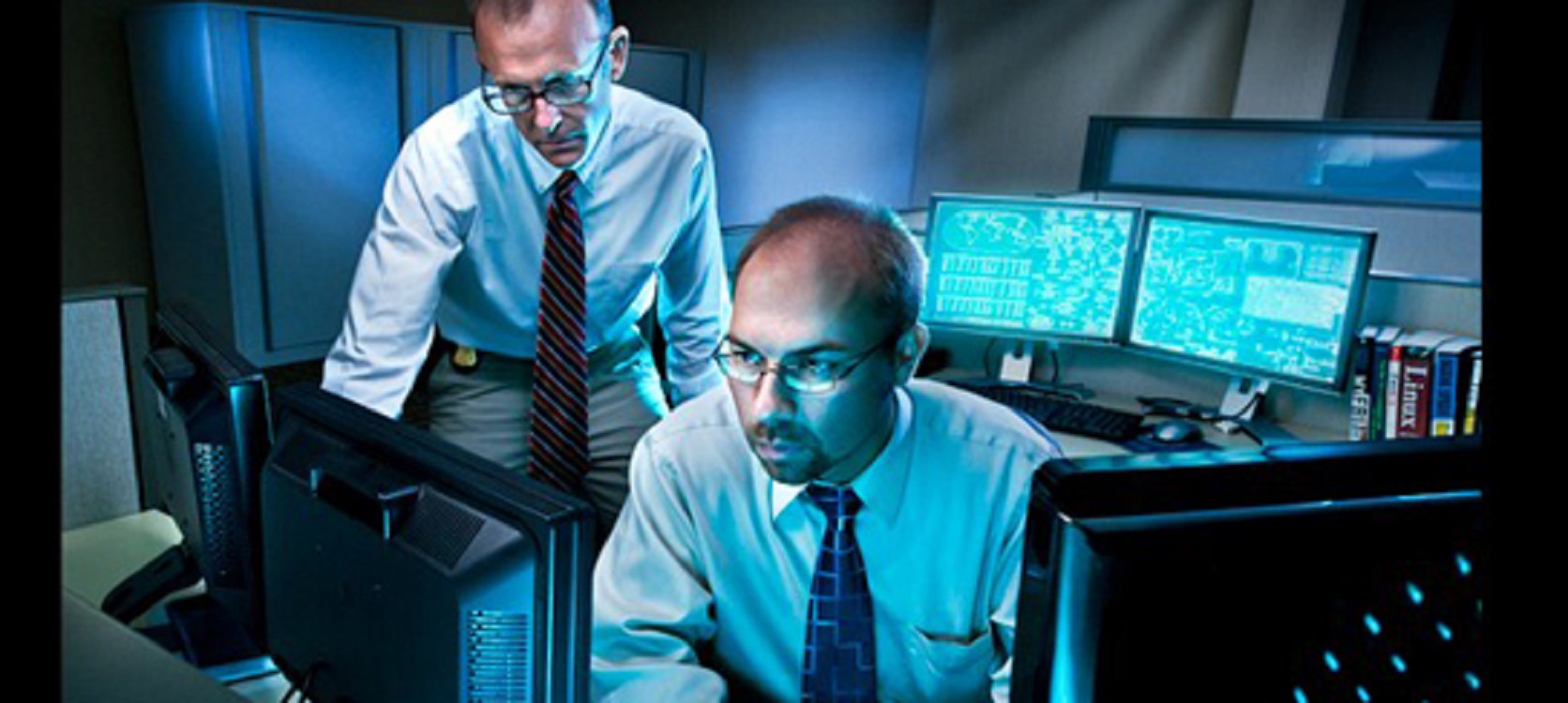FBI Will Try to Unlock iPhone in Arkansas Murder Case
The FBI said it would try to unlock an iPod and an iPhone used by two teenage suspects in an Arkansas murder case.
If you thought your iPhone was a safe repository for incriminating evidence, you may want to rethink that. Four Arkansas teens stand accused of murdering an older couple, and two of them may have stored evidence behind passwords on an iPhone and an iPod.

Local prosecutors contacted the FBI for assistance in accessing the data encrypted on the devices, and the federal agency said it would help. The FBI will try to unlock both devices, although it's not clear whether the method to be used is the same one that recently got into San Bernardino shooter Syed Rizwan Farook's work iPhone.
The Arkansas Democrat-Gazette covered the story, and set up both the basics and the latest developments. Four teenagers stand accused of murdering Patricia and Robert Cogdell, who acted as legal guardians for Justin Staton, 15, one of the alleged perpetrators.
MORE: Best Antivirus Software and Apps
Prosecutors in the case recently acquired Staton's iPod (presumably an iPod Touch running an unknown version of iOS), but Staton's defense attorney claims that there is no evidence on the device, and Staton will not provide the password.
Prosecutors also found an iPhone belonging to Hunter Drexler, 18, another of the accused, with similar results. (Suspects have the right to refuse to disclose a password, but must let police take their fingerprints. Remember that next time you set up TouchID.)
Those who have been following the news may notice a few elements similar to the FBI's recently concluded feud with Apple over Farook's iPhone. Farook and his wife killed 14 of his co-workers on Dec. 2, 2015, and the FBI asked Apple to help it unlock Farook's work iPhone by writing new software that would override the device's security features. Apple declined, leading to a six-week legal standoff that ended only this past Monday when the FBI disclosed that an undisclosed third party had helped the agency get into the device.
Sign up to get the BEST of Tom's Guide direct to your inbox.
Get instant access to breaking news, the hottest reviews, great deals and helpful tips.
However, that may be all the two cases have in common. It's not clear what kind of iPhone Drexler possessed, or which version of iOS it ran, although one source told the Los Angeles Times it was an iPhone 6. Different iPhone models and different versions of iOS have different weak spots, and the technique to crack Drexler's device could be totally different from the method for unlocking Farook's iPhone 5c, which ran iOS 9.
So long as a law enforcement agency has a warrant or other legal justification (such as, for example, assisting with a murder investigation), breaking into suspects' cellphones is nothing unusual. But Apple iPhones are getting harder to crack all the time, and the battle over Farook's iPhone will probably be repeated in another case, perhaps even this one.
Patrick Benca, Drexler's attorney, predicted that litigants might demand access to iPhone unlocking procedures in civil cases, and that cybercriminals might get ahold of the technology. However, the FBI doesn't have to cooperate in civil cases (the Farook iPhone unlocking procedure has already been classified as secret) and criminal hackers are always working to find new flaws.
Benca does not believe Drexler's iPhone contains anything incriminating. All four defendants have pleaded not guilty.
Marshall Honorof is a senior editor for Tom's Guide, overseeing the site's coverage of gaming hardware and software. He comes from a science writing background, having studied paleomammalogy, biological anthropology, and the history of science and technology. After hours, you can find him practicing taekwondo or doing deep dives on classic sci-fi.

